Digital Health Tools Are Finding Business Models – IQVIA’s 2021 Read on the Health of Digital Health
Health Populi
JULY 22, 2021
In the Age of COVID, over 90,000 new health apps were released, as the supply of digital therapeutics and wearables grew in 2020. Evidence supporting the use of digital health tools if growing, tracked in Digital Health Trends 2021: Innovation, Evidence, Regulation, and Adoption from IQVIA Institute for Human Data Science.

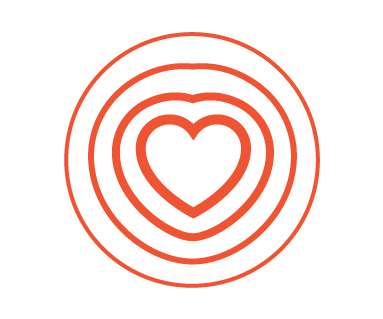
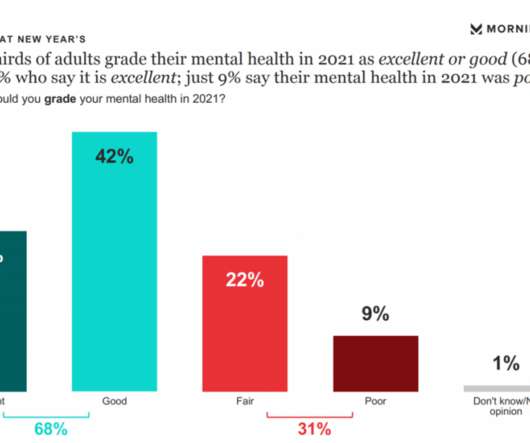
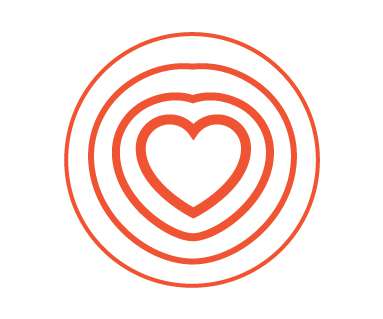
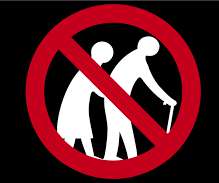

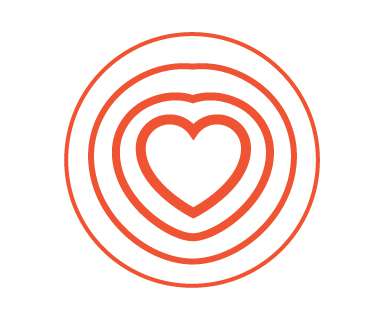







Let's personalize your content